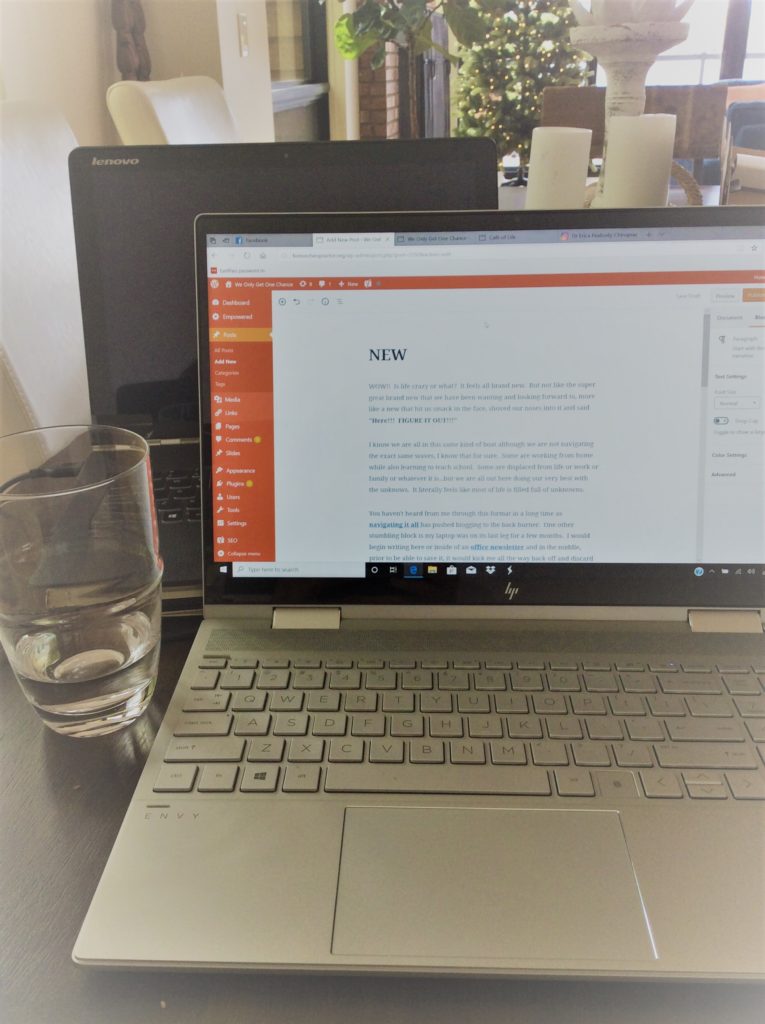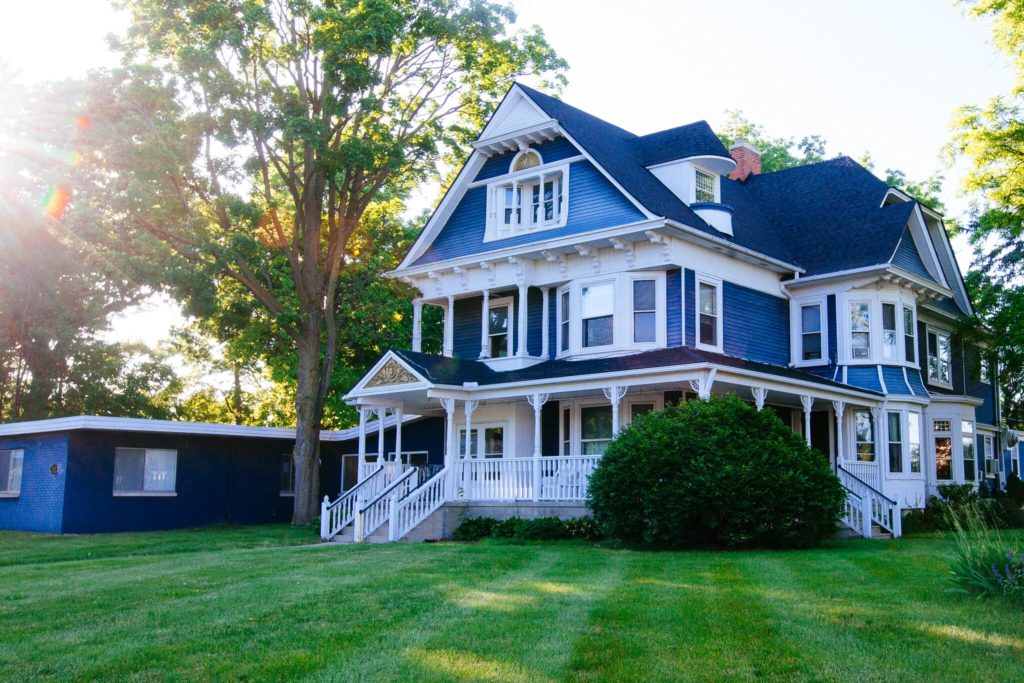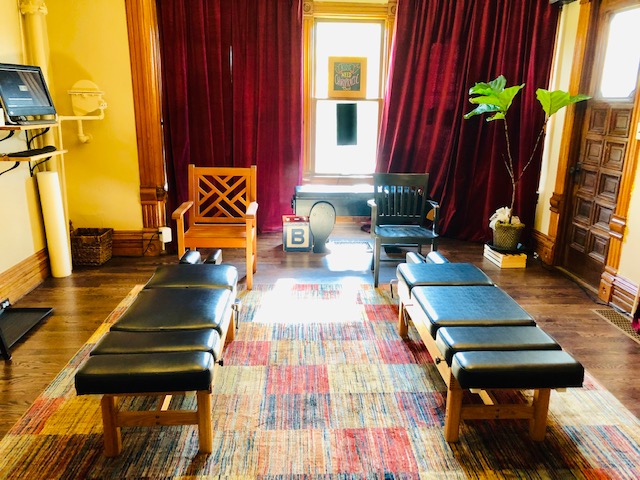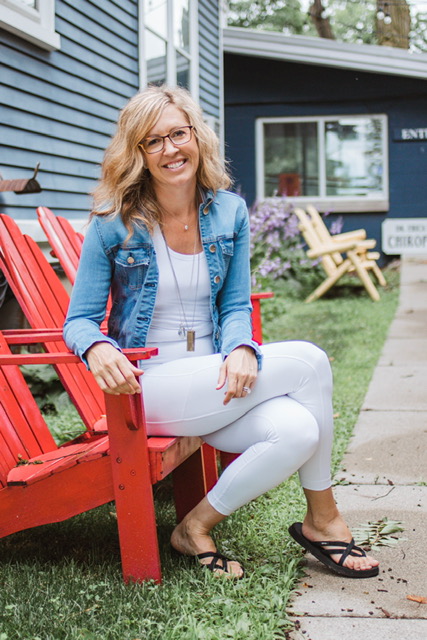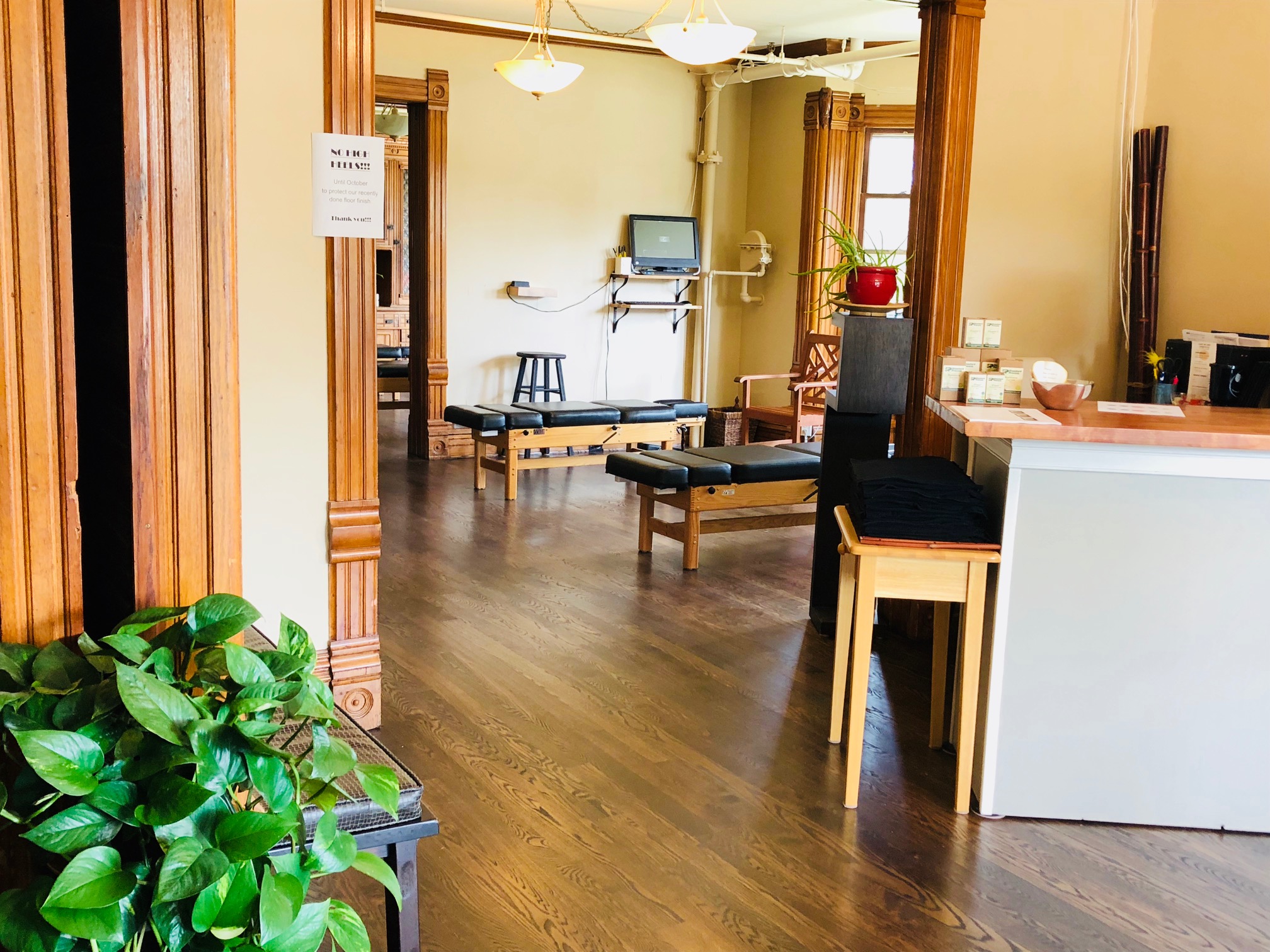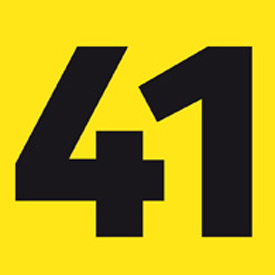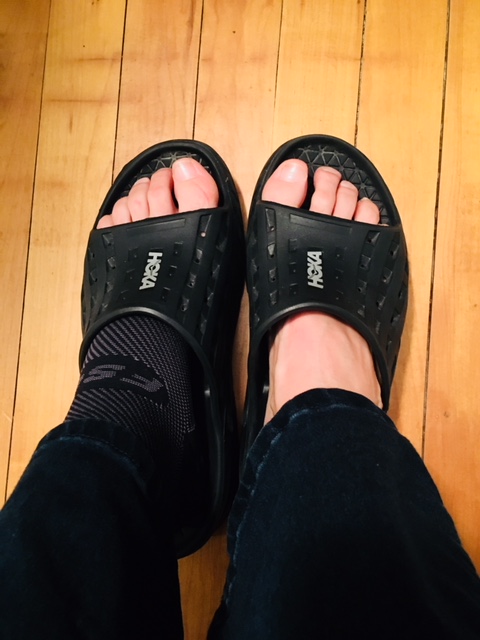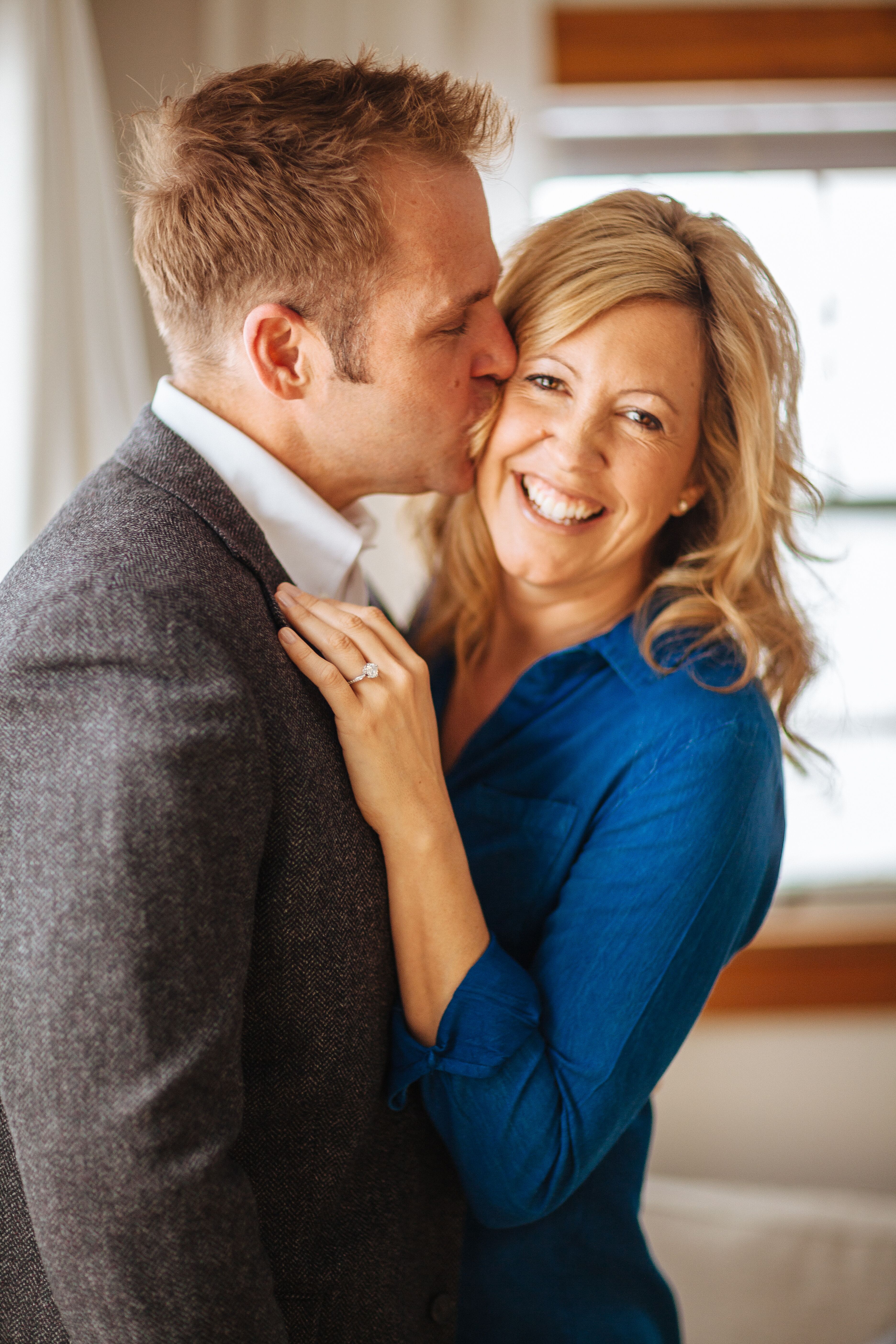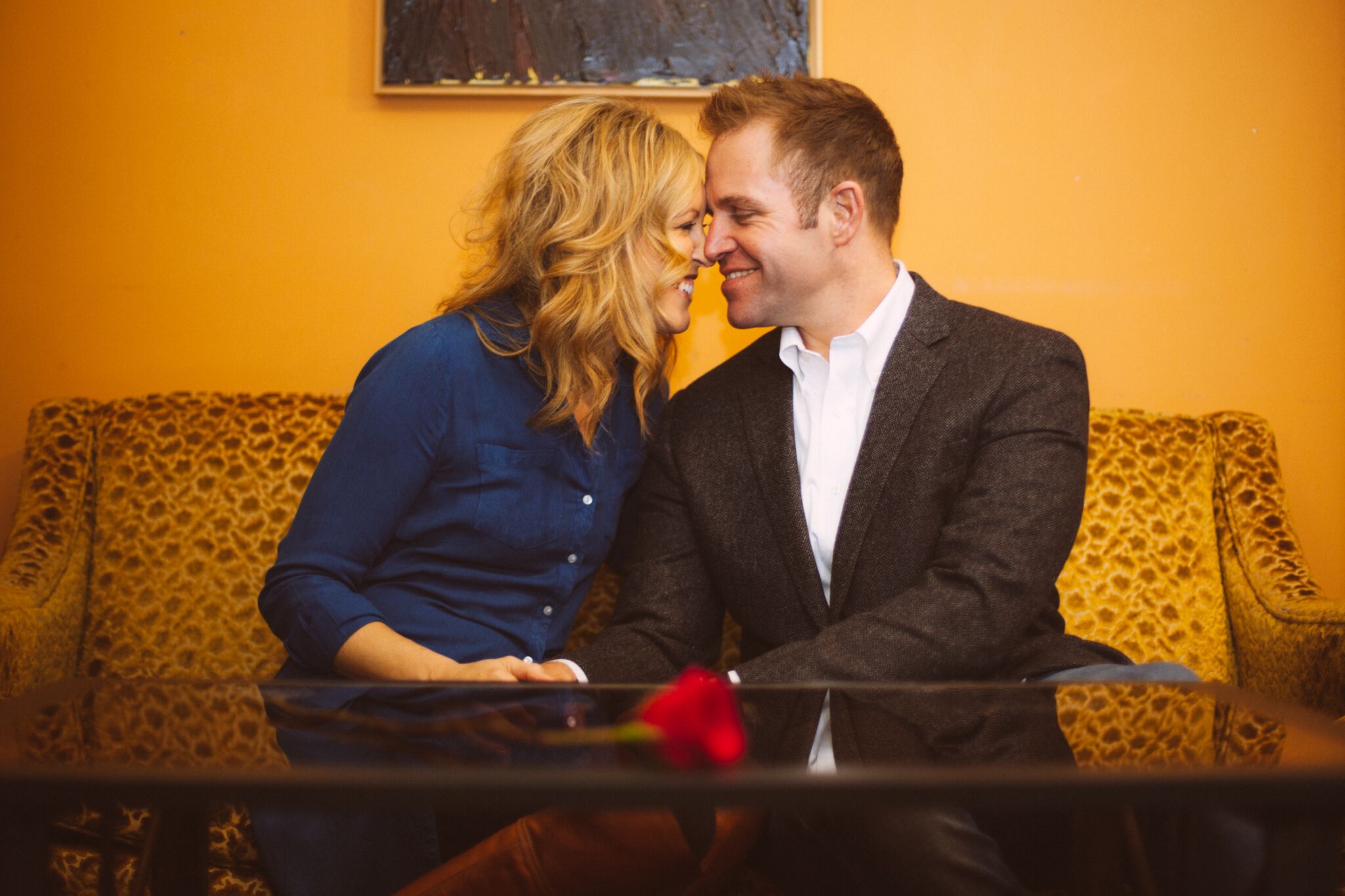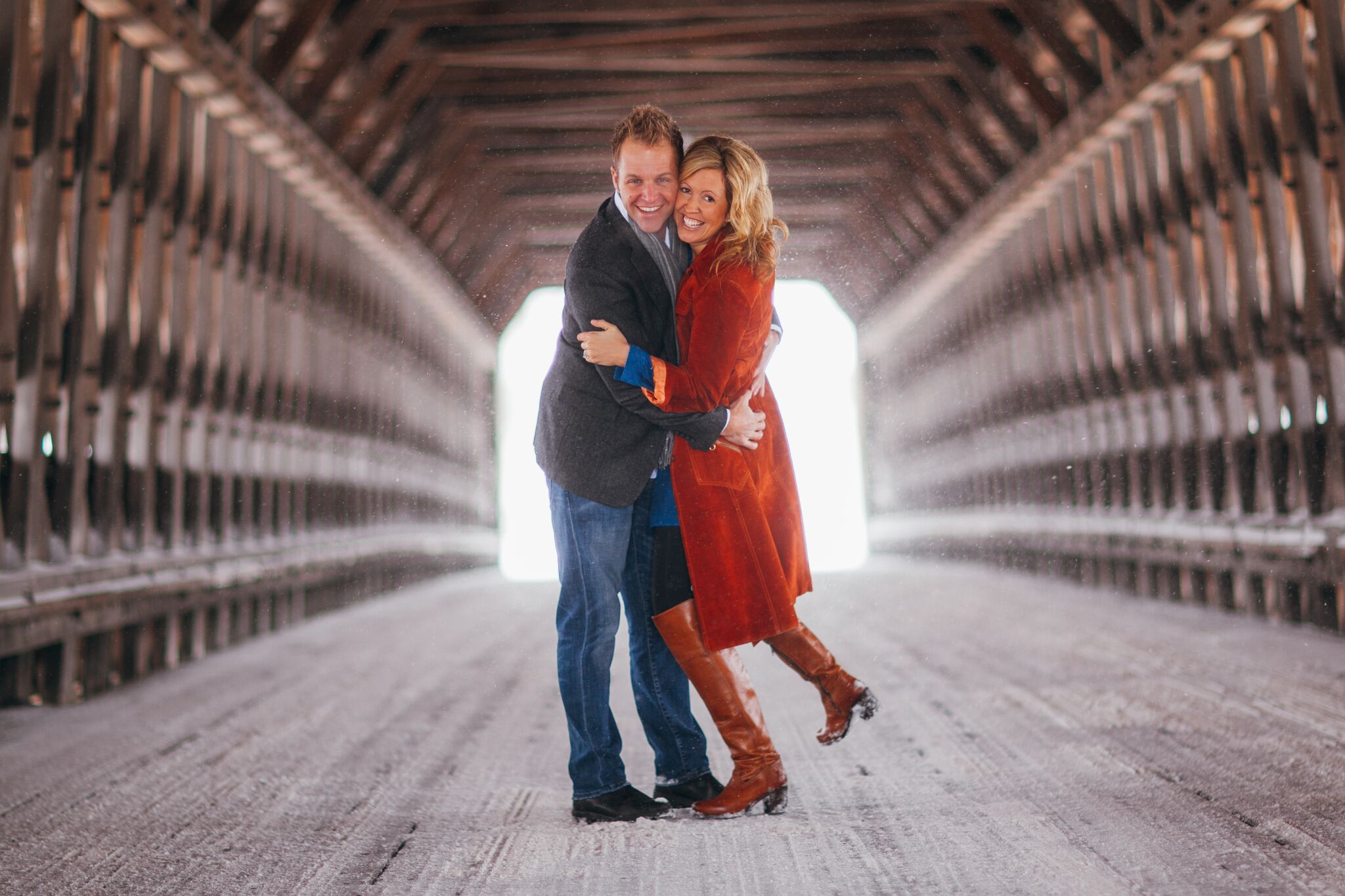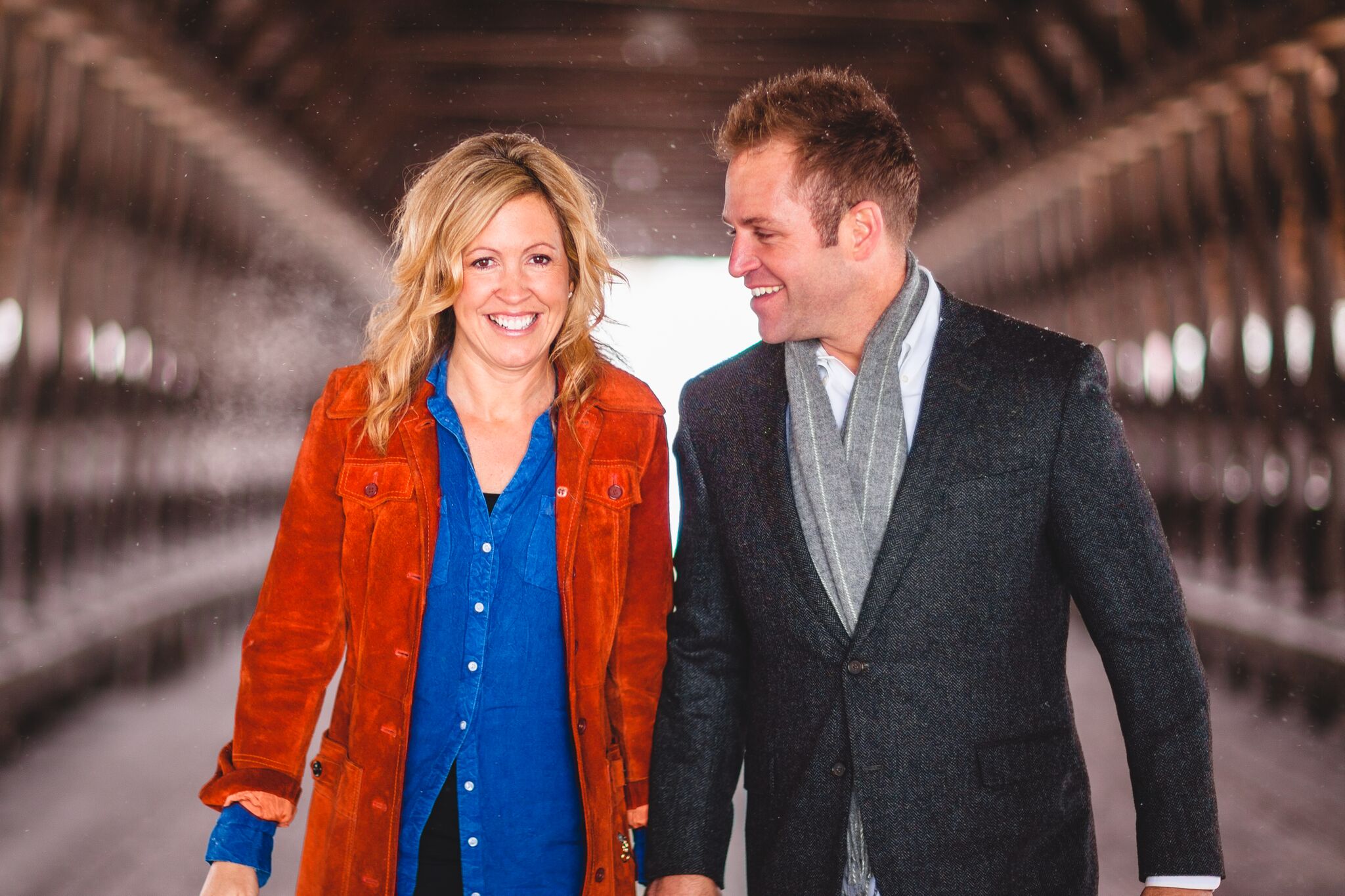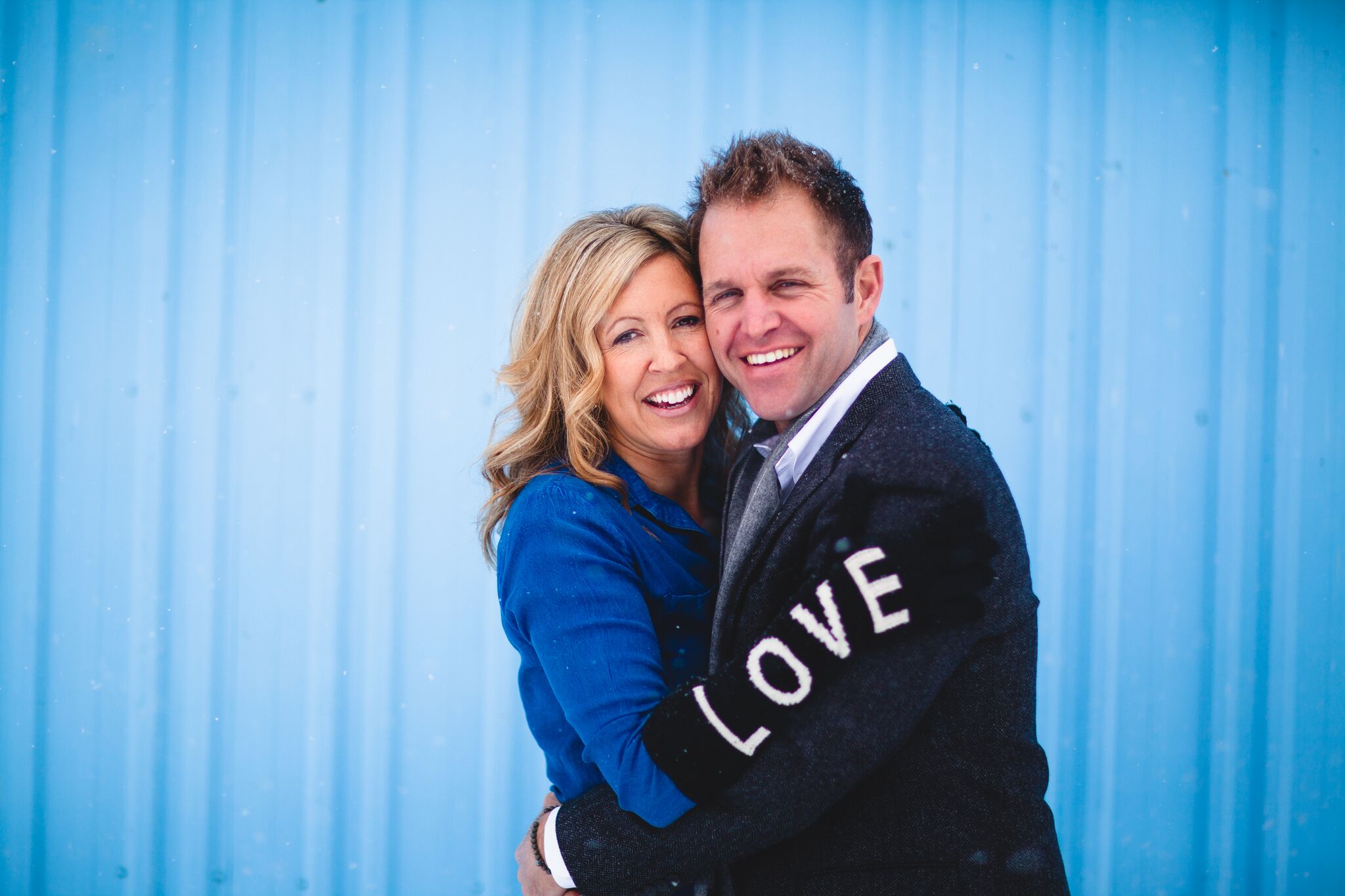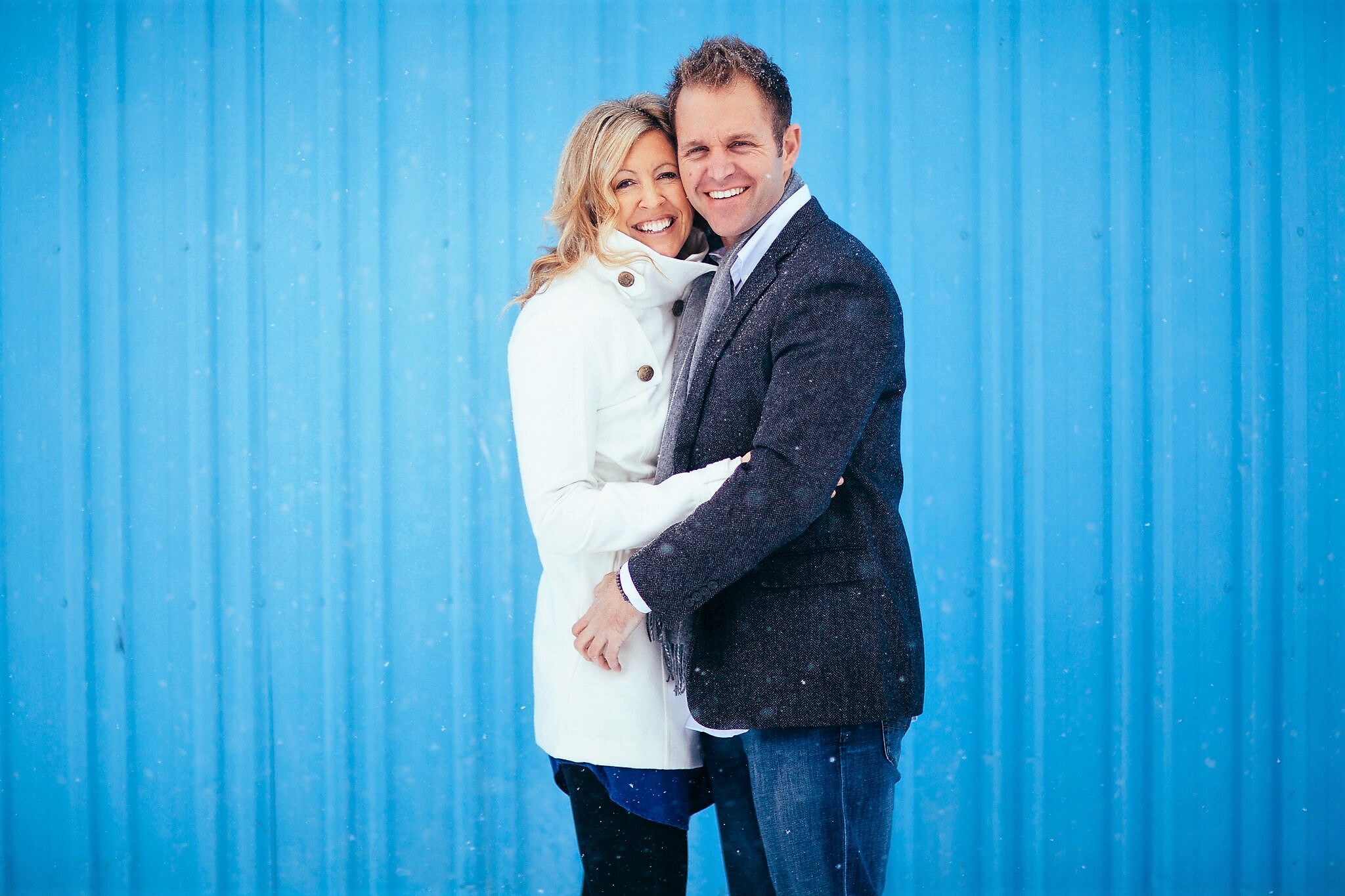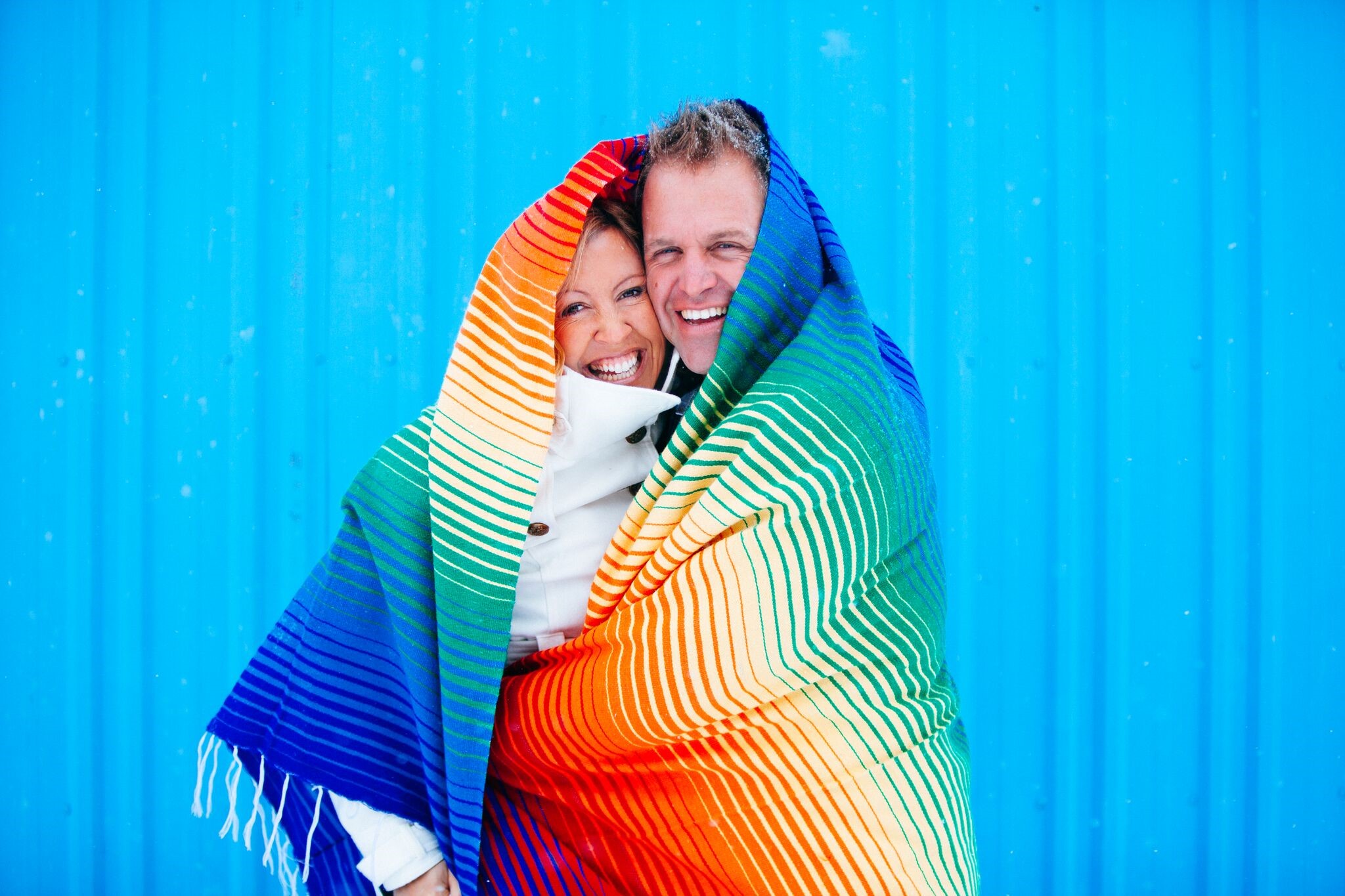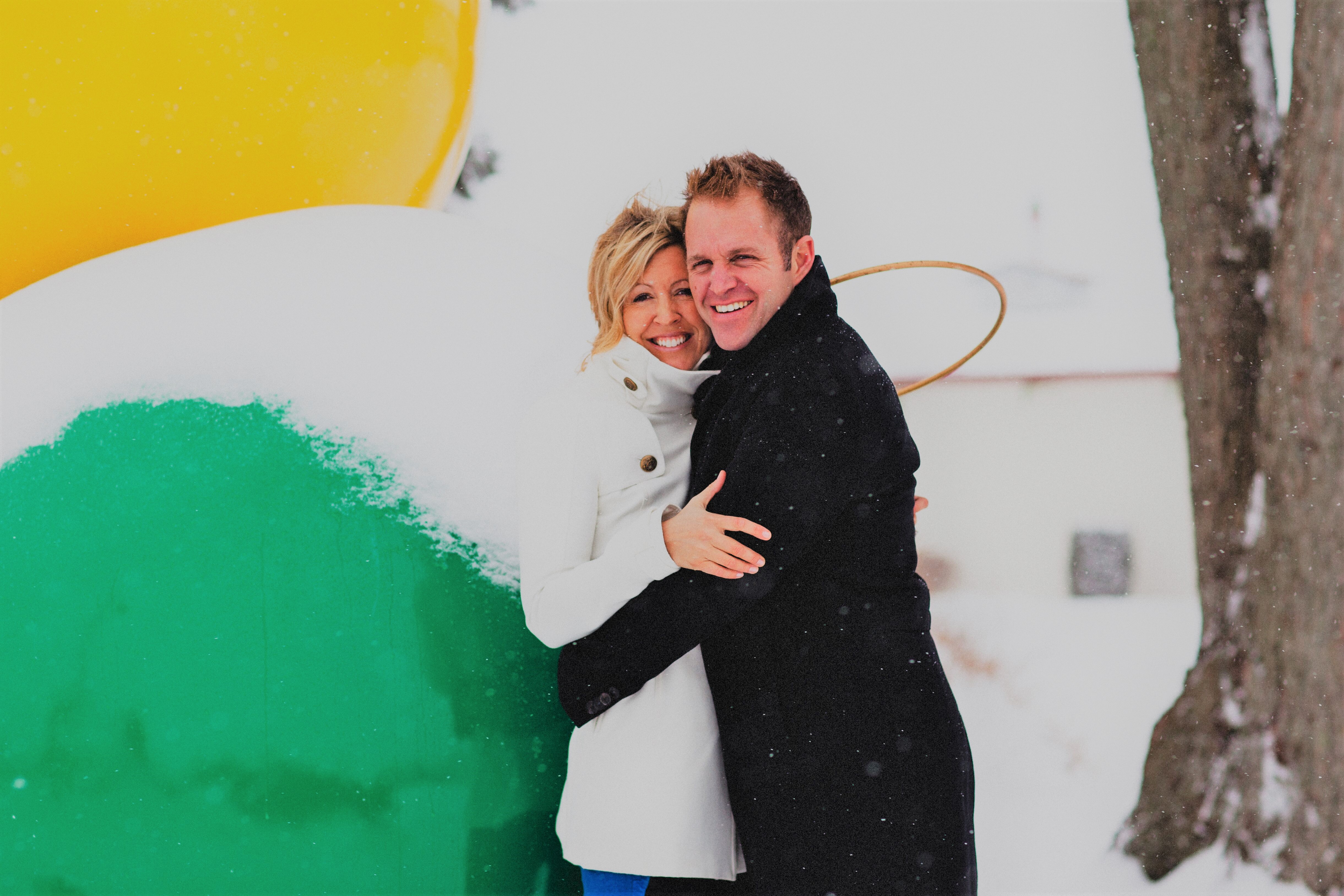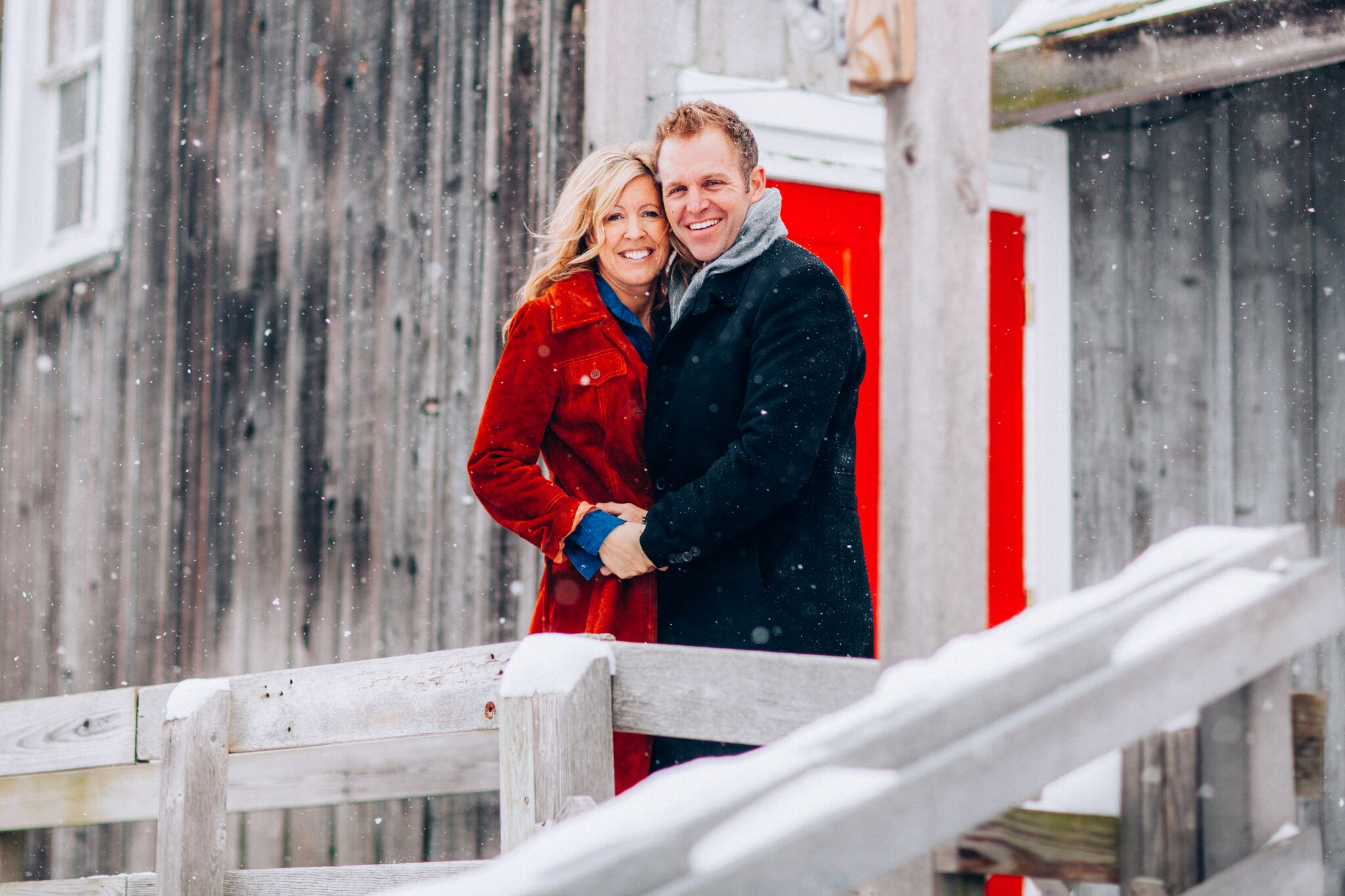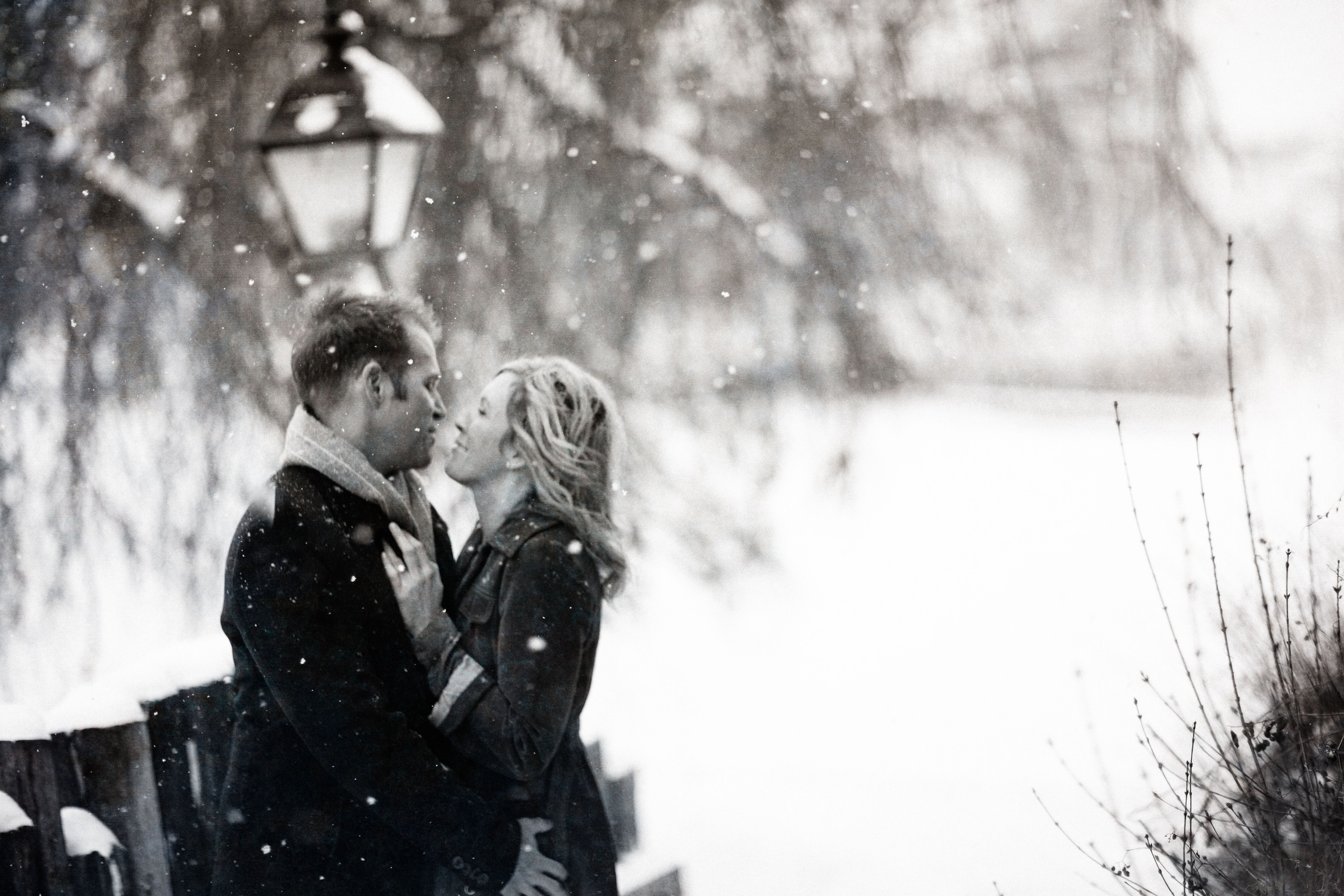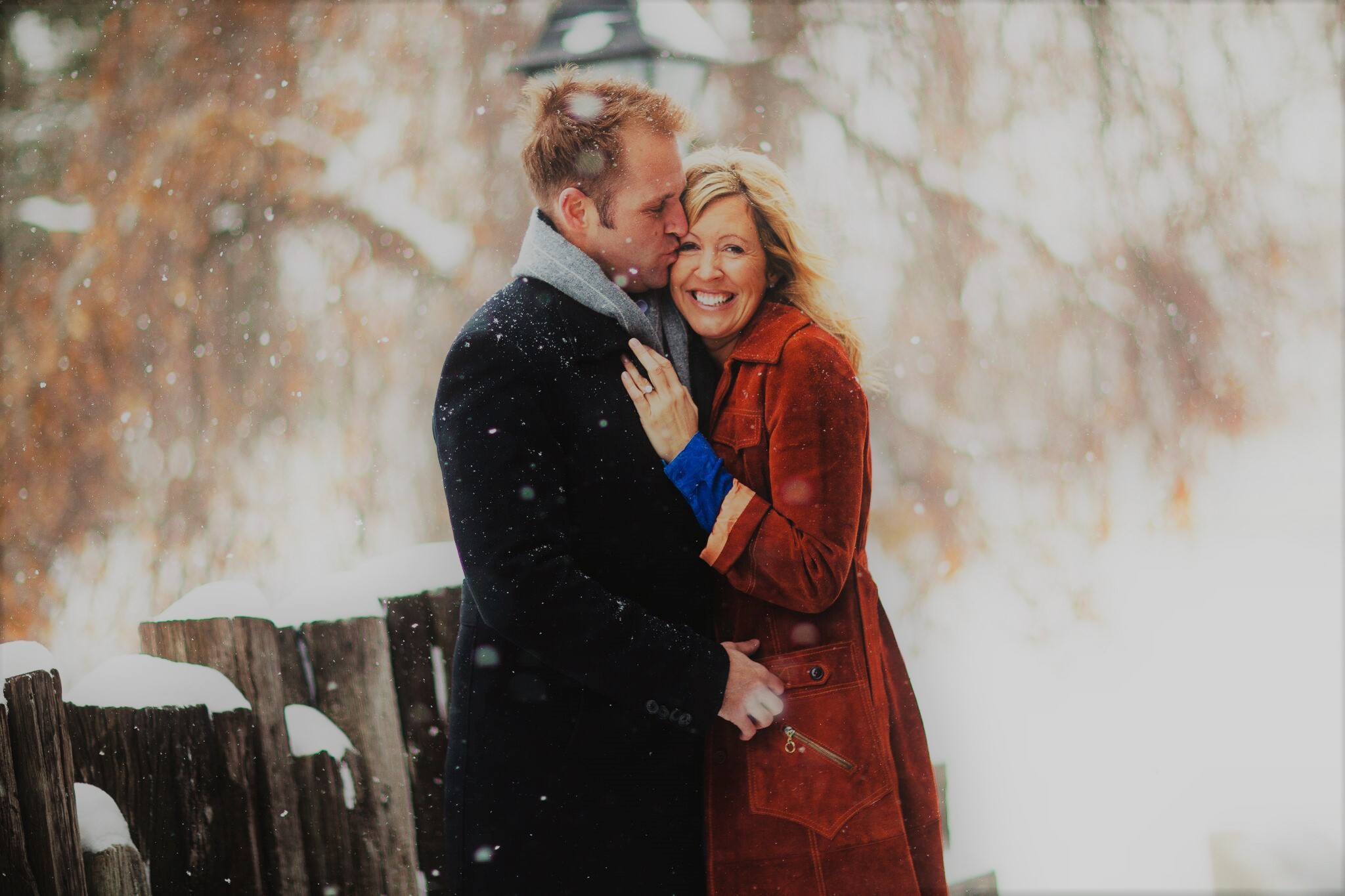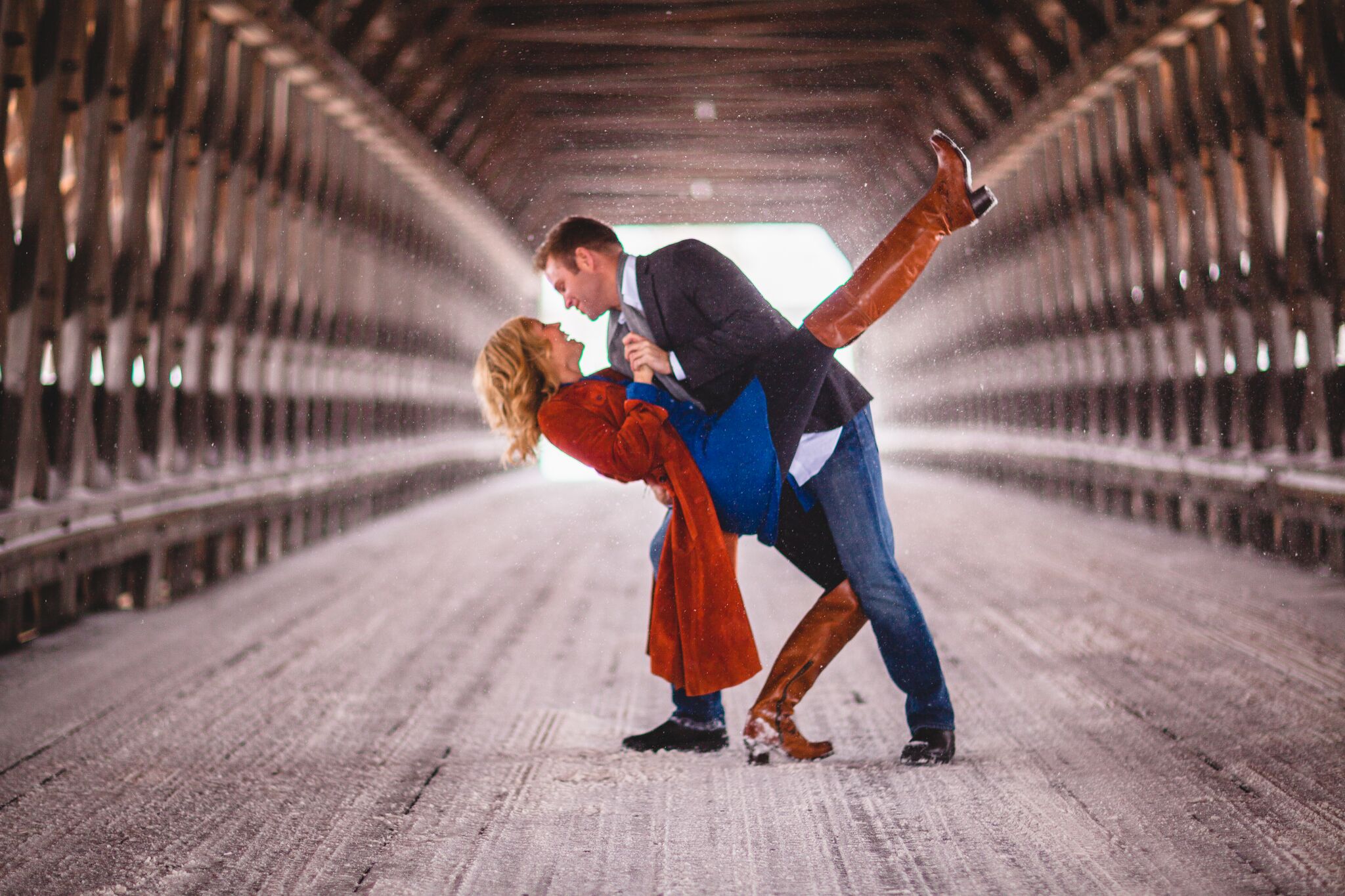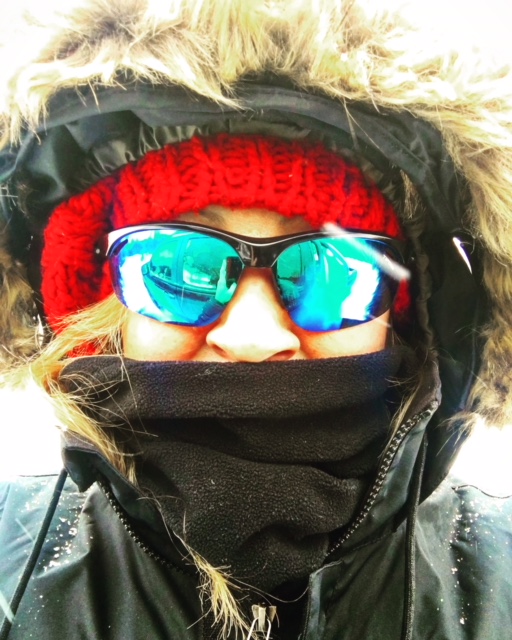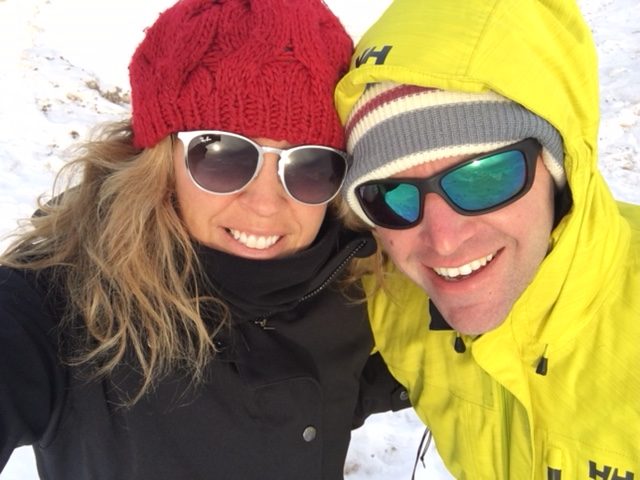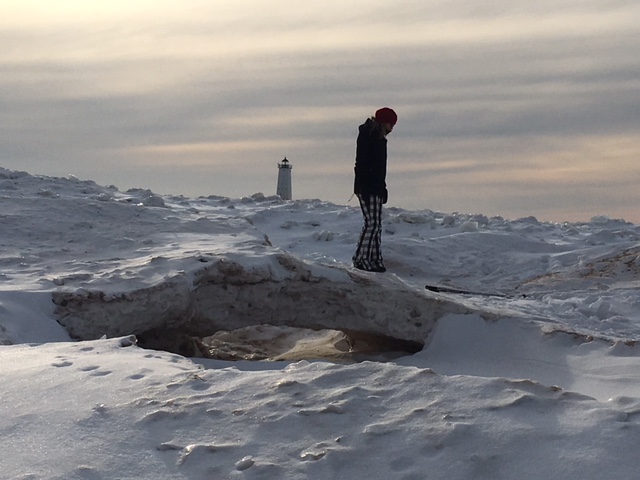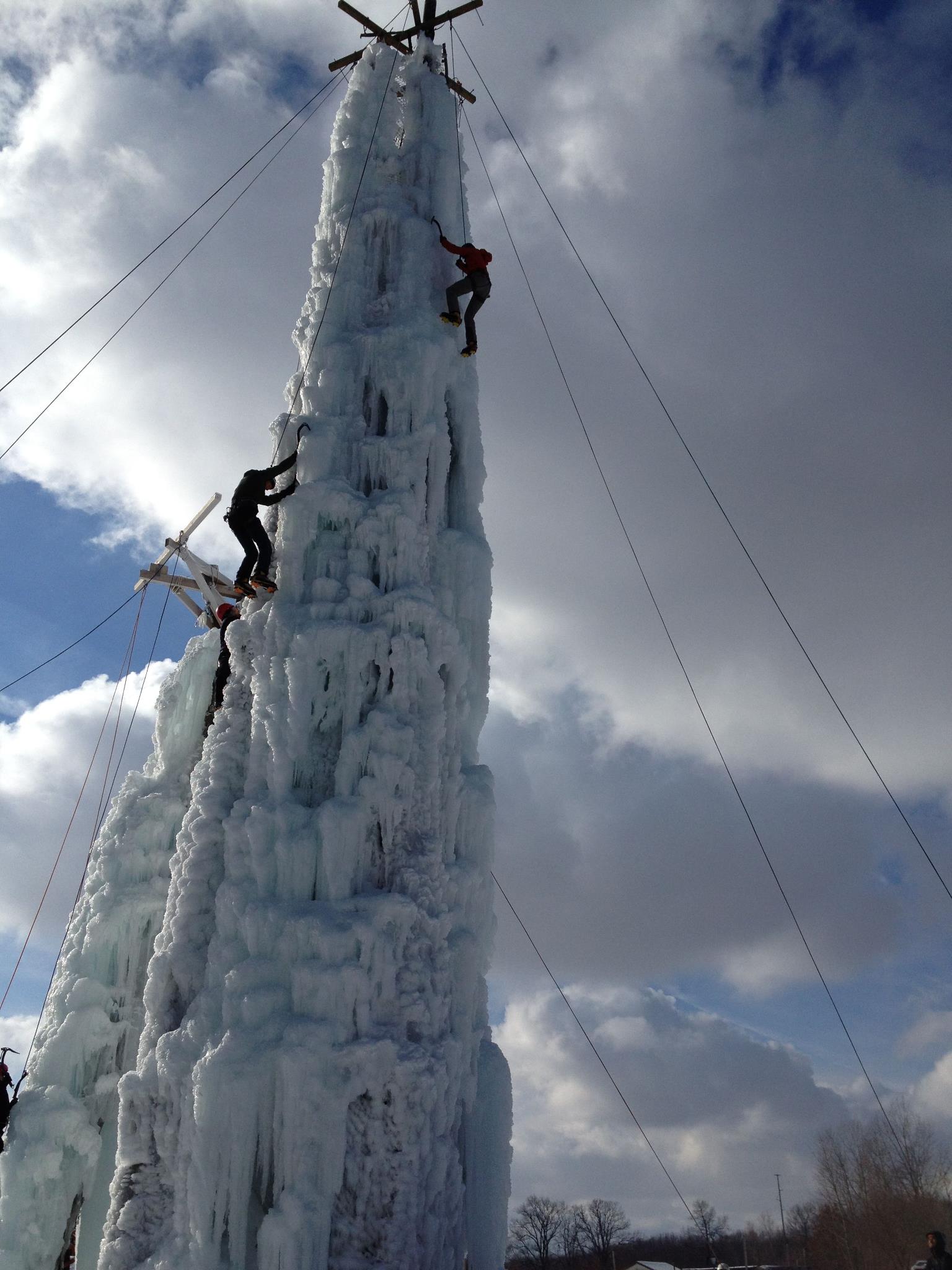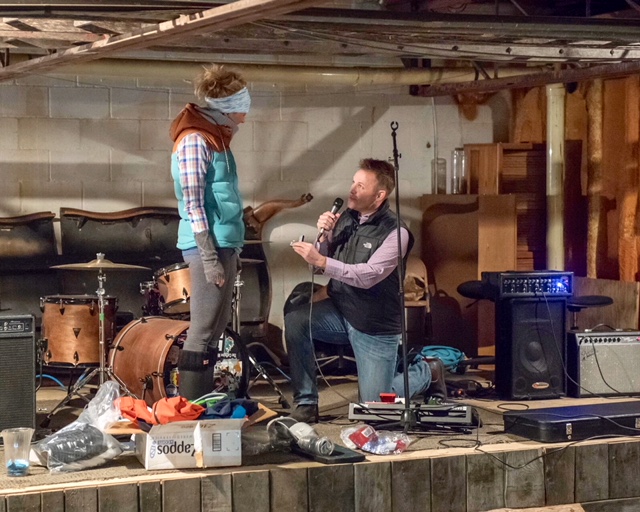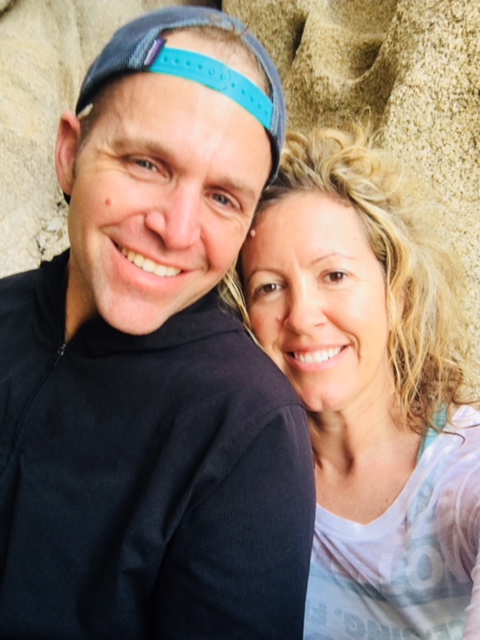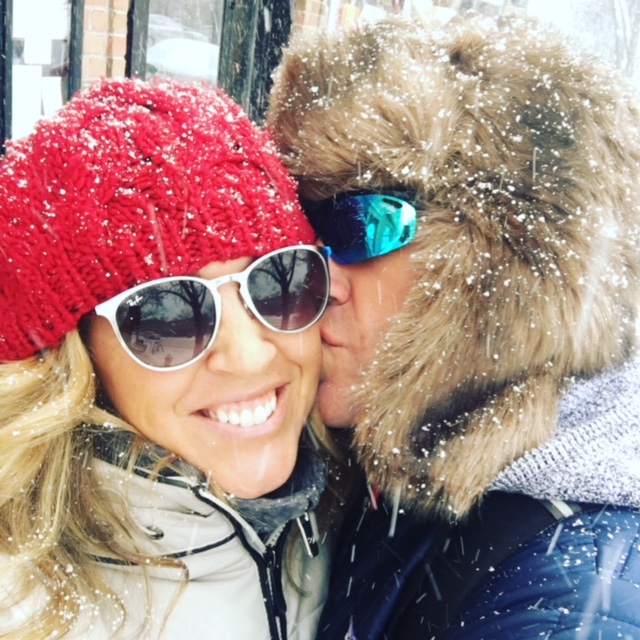“It is hard to prepare for the hardest day of your life when you have no idea about what the hardest day in your life will be like.”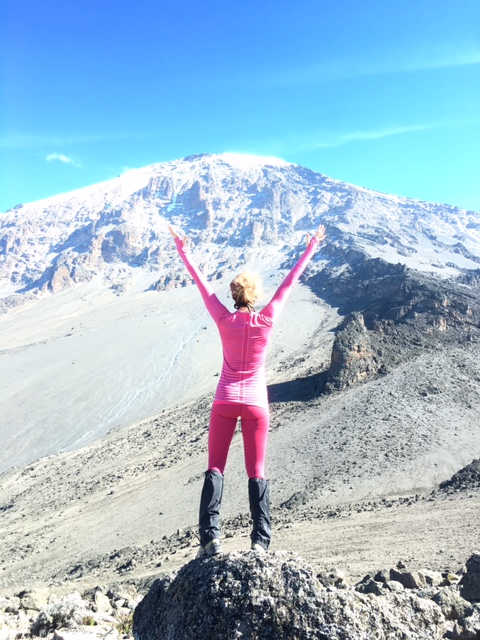
That was a quote from my brother, Garrett, last night as I sat in my office with 3 women who will be heading to climb Mt. Kilimanjaro in 2 months.
Since my trek, many local (semi-local in the region) people have stepped up to ask what it is like to do that climb because they are heading that way within months.
“How did you train?”
“What did you bring?”
“What was the most used piece of gear that you didn’t expect?”
“What about medications? And which vaccinations?”
“What is the bathroom situation when you are climbing?”
“What did they feed you?”
“Tell us about summit night…”
“What do you mean ‘Don’t die with your day pack on?'”
The last one was the best one.
I walked and talked these ladies through my entire trip last night over 2 hours of conversation. They are bringing their husbands and teenagers with them.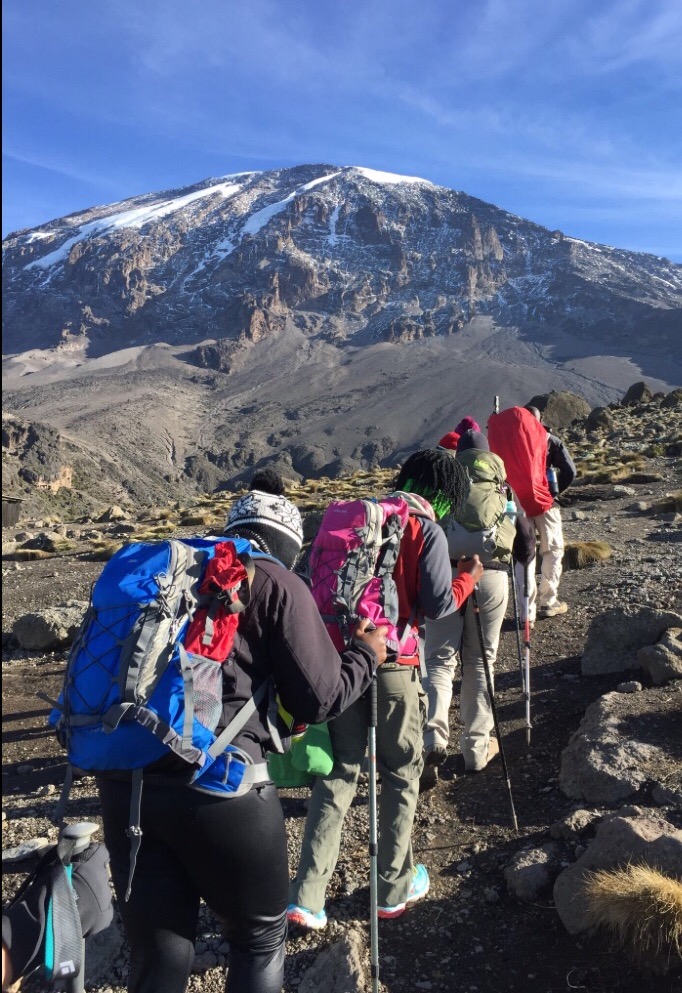
As we were going through all the details, I realized just how amazing the trip was doing it with an incredible group of women. I remembered around any corner, if anyone needed anything, someone had extra of it and was willing to share. What could you possibly want that one of the 31 women didn’t have...I mean half of them were moms and MOMS ARE PREPARED!!!
We all suffered a lot during the trip but, and this may be a major over-generalization and stereotype (sorry, not sorry), women are pretty graceful at dealing with suffering and moving forward anyway.
When Kelly and I headed over to Kilimanjaro, WHOA Travel gave us a packing list and sort of an idea about the trip with the FAQs of course, but we didn’t have anyone to sit down and have this kind of conversation with, which looking back was a blessing and a curse.
How did I prepare for dealing with having to go to the bathroom out on the trail?
How did I clean my body and what was it like to use wet wipes as a “shower” every morning and night for all those days?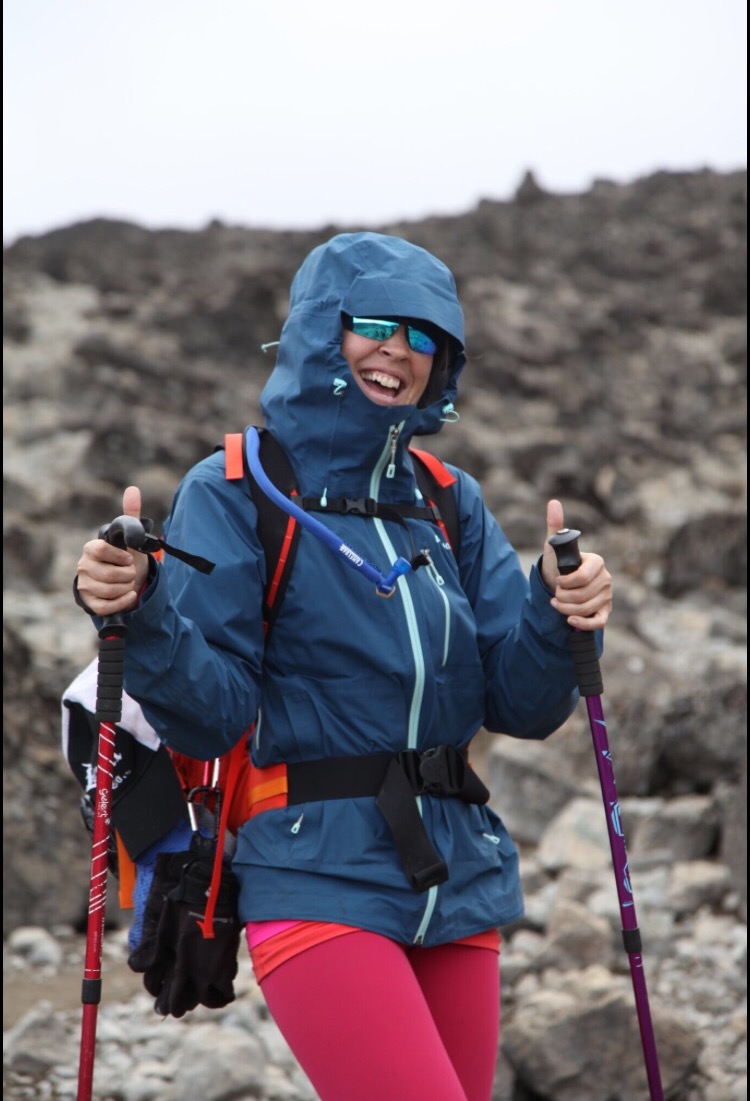
How did I manage my period that started on day 2 of an 8 day trip and summit on the day of highest level of anemia in oxygen levels half the normal of sea level?
What about the hole in my heart and the decreased oxygen levels that I experience at sea level just walking around much less 19,341 ft above sea level.
How did you manage the 10 day trip with a total of 24 hours of sleep? How did you function like that?
What did you do at night when you were unable to sleep? and then the next night? and the next? How did you keep hiking 6-7 hours per day with such little sleep?
How did you keep your clothes in good working order and what materials did you prefer to wear up there?
How do you manage temperatures from 90 degrees at the bottom to below zero at the top?
Were you bored out on the trail during the days?
How do you hike 15,000 ft to 19,341 on the final day with barely anything to eat or drink (due to my own specific circumstances) while having 3 bouts of massive diarrhea and having to still manage your period sitting and squatting on porous lava rocks at zero degrees?
What do you mean your porter had to help your every single step for the final 100 yards to the top?
It seems so strange that going down is actually harder than going up? A walking boot for 6 months following your trek? Still not healed? How is that even possible?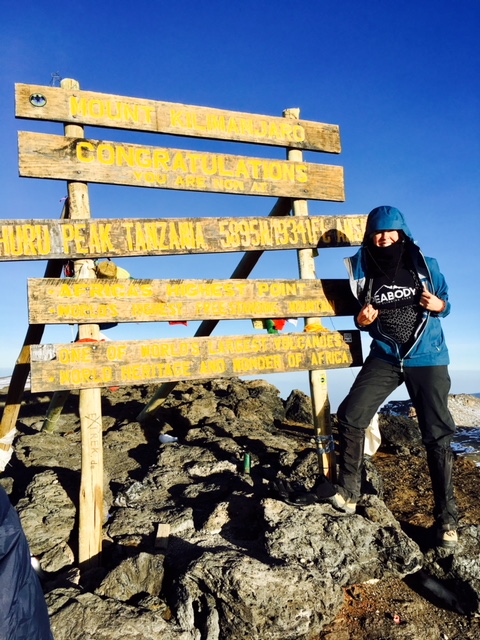
There was a real thought on my plane ride over there that it is possible, possible anytime of course but more possible than anything I had done before, that I wasn’t coming back. Of course that wouldn’t have been ideal, and I am glad that it didn’t happen and I lived to tell all these stories, but truly that trek is quite dangerous. The trail is relatively safe but exposure to the different elements, not to mention 19,341 ft elevation, can cost you your life. I am not sure they ever really considered that deeply…maybe they have but I think they were caught off-guard that I would speak about it so casually.
I also remember, when I had that thought I mentioned above, that I was okay with how my life had been and how much I have done and accomplished and just how many lives I had helped to make a difference, big or small. Because life is truly about contribution. When exposed to cultures like what was in Tanzania, and spend those 10 days with them, life gets really simple. Clothes on their backs, shoes on their feet, roof over their heads, foot to eat and family and that is true happiness. Truly. <<<—-THAT is the simplest thing of all.
So how do you prepare for the hardest day of your life….put a smile on your face, look around, be sure you packed the right layers and take in every last moment because your life will FOREVER BE CHANGED…for the better. Best of luck to that group, I am sure you will all have massive success and I am excited for the report back when you are done! <3
